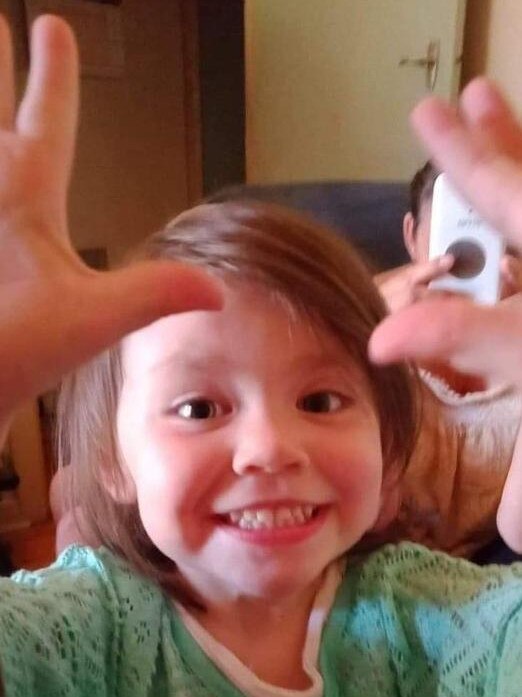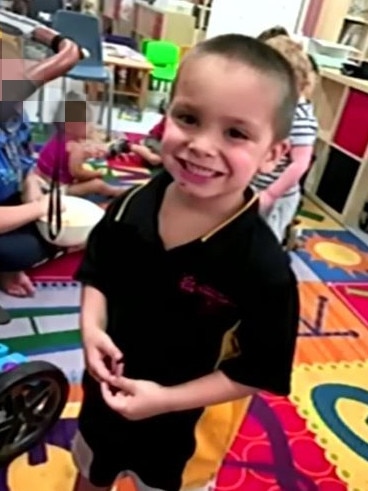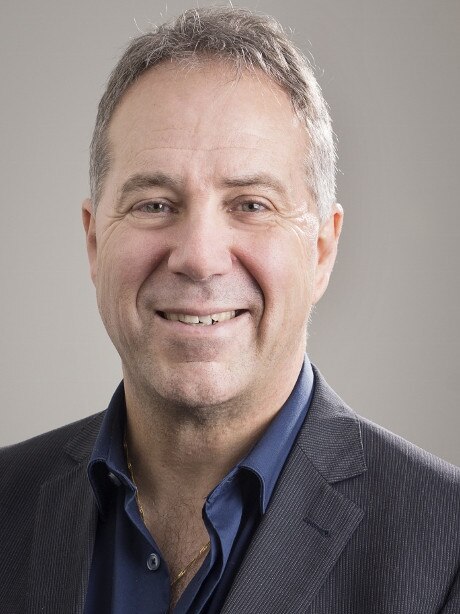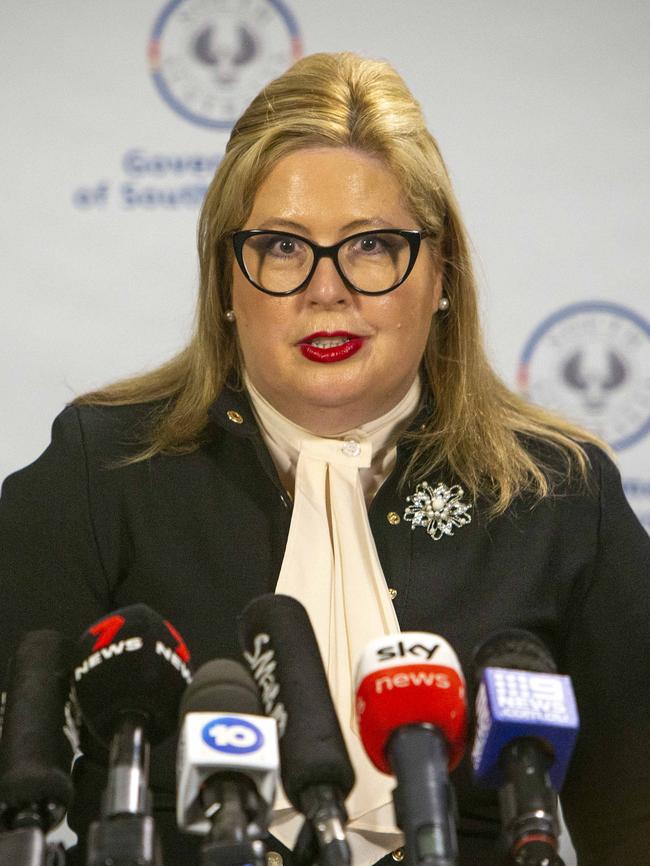The head of Uniting Communities says we need to invest in families to stop the flood of kids in state care
SA has more children going into care than any other state and the head of one of the state’s largest welfare services has ripped into the government. It’s time to turn this crisis around.
SA News
Don't miss out on the headlines from SA News. Followed categories will be added to My News.
South Australia is “setting families up to fail” by not spending enough to support them before they reach crisis point and authorities have “no choice” but to take their children.
The head of one of the state’s largest welfare services says SA has “become a laggard” on funding for struggling parents and has called for a huge upfront investment to stem the flow of children entering state care.
Uniting Communities chief executive Simon Schrapel said data showed SA took almost 12 in every 1000 children into state care, compared with 7.7 per 1000 kids a decade ago.
That number has raced ahead of the national average, which has only risen from 7.2 to 8.2 over the same period.
“We’re paying so much more down the track when that child comes into care because we’re not prepared to actually stump up upfront,” Mr Schrapel told The Advertriser.
“If families can’t get support at their greatest time of crisis ... then what hope are you giving them to keep their children safe?
“Pretty much every other state and territory does infinitely more, at least three times more, in terms of the quantum they’re spending on each family.
“I think we set families up to fail to make any difference in their lives.”
Productivity Commission reports show SA spends about $500m a year on housing and caring for children who are removed from their families – up from about $160m 10 years ago.
However, only $65m was spent in 2020-21 on support services for families at risk of losing their kids.
If SA reduced the rate of removals to the national average, it could save up to $144m a year, Mr Schrapel said.
There are 4750 children in care in SA and more than 1000 were taken into the system for the first time last financial year.
Child protection authorities are responsible for removing them from unsafe homes and placing them with carers but much of the work to help families before that crisis point is funded and provided by the Human Services Department.
Child Protection Department deputy chief executive Fiona Ward said there had been a huge rise in the number of families reported to the department over the past five years – peaking at 83,000 reports last financial year – driven largely by domestic violence, drug addiction and mental illness.


Following the recent deaths of six-year-old Charlie Nowland and seven-year-old Makai Wanganeen – who were both in the care of family but known to government agencies – Premier Peter Malinauskas ordered a review of how those agencies interacted with the families.
Former Police Commissioner Mal Hyde is expected to deliver his recommendations by the end of November.
Human Services Minister Nat Cook said while Mr Hyde was conducting his review “it would be pre-emptive to make funding decisions in advance of expert advice”.
A separate review is also examining how governments have responded – or not – to previous coronial inquests and royal commission recommendations.


Mr Schrapel lamented that “countless inquiries and investigations on the back of a tragedy” had focused on more resources for responding to reports of abuse and neglect, rather than acting beforehand.
“Why has government chosen not to take that on board when there’s so much evidence that it (early intervention) is a proven strategy?” he said.
Child Protection Minister Katrine Hildyard said she could not “predict the outcomes of those reviews” but expected there would be “a focus on how we align systems so that we can get to families in a meaningful way and as early as possible”.
“There are really complex, interconnected factors that families are dealing with,” she said.
“We need to tackle that complexity in those families and intervene to resolve those issues.”
In the last State Budget, the government had to allocate an extra $129m to cover the cost of a forecast continued increase in the number of children coming into care.





